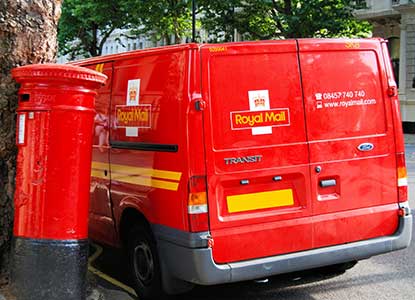Fury at Bully Hunt’s NHS Pay Rise Snub
http://www.morningstaronline.co.uk/a-7b46-Fury-at-bully-Hunts-NHS-pay-rise-snub#.UlT7oS1XnWd
Health Secretary keen to axe 1 per cent increase
 Unions laid into Health Secretary Jeremy Hunt yesterday for wanting to ditch a miserly 1 per cent pay increase for hard-working NHS staff.
Unions laid into Health Secretary Jeremy Hunt yesterday for wanting to ditch a miserly 1 per cent pay increase for hard-working NHS staff.
The GMB accused him of “berating and bullying staff” and said that his behaviour “will not be tolerated,” warning that industrial action was possible.
Unite called for the introduction of the living wage to benefit the NHS’s 17,000 lowest-paid workers.
Mr Hunt caused a huge furore when he said that the independent NHS pay review body should not implement a one per cent increase for 1.3 million NHS staff, or maintain performance-related increments.
Pointing out that the NHS pay review body was independent, GMB’s national NHS officer Rehana Azam said: “You only have to spend time with a paramedic, nurse, theatre porter or any other frontline NHS worker to see their number one priority is to deliver quality care and the best outcomes to patients they care for.”
“Why then does Jeremy Hunt want to berate and bully staff while they are trying to do a good job often under difficult circumstances?”
“This is just wrong and will not be tolerated.”
…

